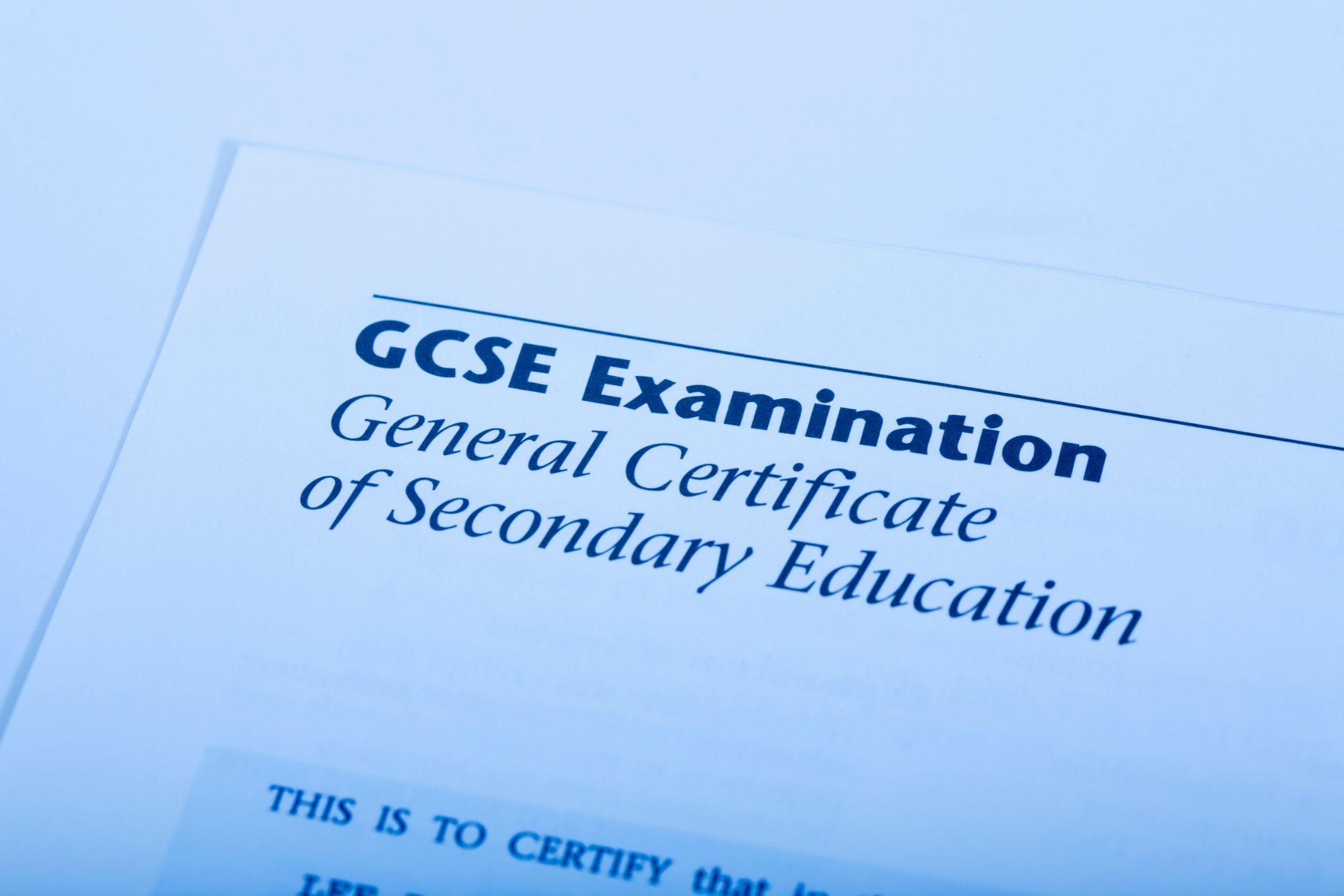Applying for a college course can feel overwhelming, however, with careful preparation, it is much easier to successfully navigate the process and enrol onto your dream course. Access Creative College has got you covered, here is our guide to applying for college courses in the UK.
![]()
![]()
![]()
![]()
![]()
![]()
![]()
![]()
![]()
![]()
How do I apply for college?

Not knowing where to start may be daunting, here is what to generally expect during the application process:
- Research courses – you can use websites such as UCAS, college websites, or educational directories to find what courses are available. Attending local open days is also a great way to visit the colleges near you and get a feel for them.
- Check the entry requirements – most courses will have their own set of entry requirements, it’s best to check what these are before applying to ensure that you match the criteria.
- Submit your application – once you have found your perfect course, you are ready to submit your application. If you are applying to multiple courses/colleges, make sure to tailor your applications appropriately to what you are applying to.
- Write your personal statement – this is your chance to explain why you are interested in the course, what relevant skills you have, and what your future career aspirations are.
- Provide references – some colleges may require references, these will typically be from your teachers, tutors, or employers.
- Attend interviews – depending on the course you choose, you may be invited to attend an interview to discuss why you want to enrol.
- Receive your offers – now it’s time to sit back and wait for those offers to come in. They may be conditional (depending on certain requirements, such as achieving specific exam grades) or unconditional.
- Accept your offer – once you have received all of your offers, you will need to decide which one you want to accept.
- Enrol – after meeting any conditions and making your final decision, you will formally be invited to enrol at your chosen college.
![]()
![]()
![]()
![]()
![]()
![]()
![]()
![]()
![]()
![]()
When do colleges start in the UK?
Typically, colleges begin their academic year in September, which aligns with the start of the autumn term. Some colleges may have slightly different start dates or may offer courses with different start times throughout the year, so it’s always best to check first.
![]()
![]()
![]()
![]()
![]()
![]()
![]()
![]()
![]()
![]()
How do I write a college application?


In general, this is the information usually required for a college application:
- Personal information – you will be asked to confirm your name, date of birth, contact information etc.
- Academic qualifications – list your academic qualifications, starting with your most recent or highest level of education achieved. Include the name of where you studied, the qualification gained (e.g. GCSEs, BTECs), the subjects studied, and the grades achieved.
- Personal statement – this needs to include an intro, why you want to choose this course, any relevant experience, your academic achievements, your future aspirations, and the conclusion.
- References – choose referees who know you really well and can provide positive feedback about you.
- Portfolio (if applicable) – if you are applying for a creative or vocational course, you may need to submit a portfolio showcasing your best work.
- Proofread – make sure to thoroughly proofread your application to make sure that there are no spelling or grammar errors.
- Submit your application!
![]()
![]()
![]()
![]()
![]()
![]()
![]()
![]()
![]()
![]()
What college courses are available at ACC?
At Access Creative College, we have a wide range of exciting college courses available. We offer vocational qualifications in Media, Music, Games and Esports ranging from Level 2 – 4. Unlike A-Levels, vocational courses mean that you can start at the level which suits your current skills and knowledge while also gaining a more practical and hands-on approach to learning.
We offer a brand new T-Level in Computing, this curriculum is uniquely built in partnership with the best industry employers. You will gain the latest skills in industry practices and methods, as well as an 80/20 split between classroom and placement. This means you will spend 45 days of the course on an exciting industry work experience placement gaining real-world experience.
We also offer plenty of Apprenticeships for those wanting to learn whilst you earn!
![]()
![]()
![]()
![]()
![]()
![]()
![]()
![]()
![]()
![]()
What is the college application process like at ACC?
And if any of our courses take your fancy, applying for college is just one click away! We need to know some personal information and your chosen course, and you will be contacted by the Admissions Team to arrange an interview.
![]()
![]()
![]()
![]()
![]()
![]()
![]()
![]()
![]()
![]()
What are the college interviews like at ACC?
College interviews with ACC are super straightforward, you have the ability to choose your own interview date/time to suit you best. These interviews take place on Google Meet, meaning you can do it from the comfort of your own home. It will just be an informal chat with a member of the Admissions Team, we will send you the details of how to prepare in advance. Then, if you’ve been offered a place at the end of your interview we will invite you to an exclusive Taster Event to give you the chance to see the campus for yourself!
![]()
![]()
![]()
![]()
![]()
![]()
![]()
![]()
![]()
![]()
What qualifications are needed to get into college?


The qualifications needed to get into college will vary depending on the type of course you are applying for. At ACC, to enrol onto one of our vocational courses, you will generally need the following:
- Enrolling on Level 2 – three or more GCSEs at grade 3 or above, including English
- Enrolling on Level 3 – at least four GCSEs at grades 9-4 (A*-C), including Maths and English.
Please visit the course page directly to see what the exact entry requirements are.
![]()
![]()
![]()
![]()
![]()
![]()
![]()
![]()
![]()
![]()
What qualifications can be achieved at college?
Studying at college will open the door to plenty of different opportunities. Some of the qualifications you can gain are:
- Vocational qualifications – these are designed to provide you with the practical skills and knowledge relevant to specific industries (they may include BTECs, NVQs, and apprenticeships).
- A-Levels – these are subject-based qualifications which are traditionally accepted for progressing on to University or employment.
- Foundation courses – some colleges offer foundation courses which are designed to prepare you for higher education by providing additional support and development in key areas.
![]()
![]()
![]()
![]()
![]()
![]()
![]()
![]()
![]()
![]()
I haven’t applied for college yet. Am I too late?


For September 2024 enrollment, the UCAS application deadline was the 31st January 2024. However, colleges may still be accepting applications if there is space available on the course. It is best to get in touch directly with the college to enquire if it is too late or not to enrol on your chosen course.
So, what are you waiting for? Use this guide to help you successfully apply to your chosen college course!
- Blender vs Maya: What is the best student tool in 2024? - October 14, 2024
- How to become a sound designer - October 8, 2024
- How to make a short film – A guide to everything you need to know - September 26, 2024